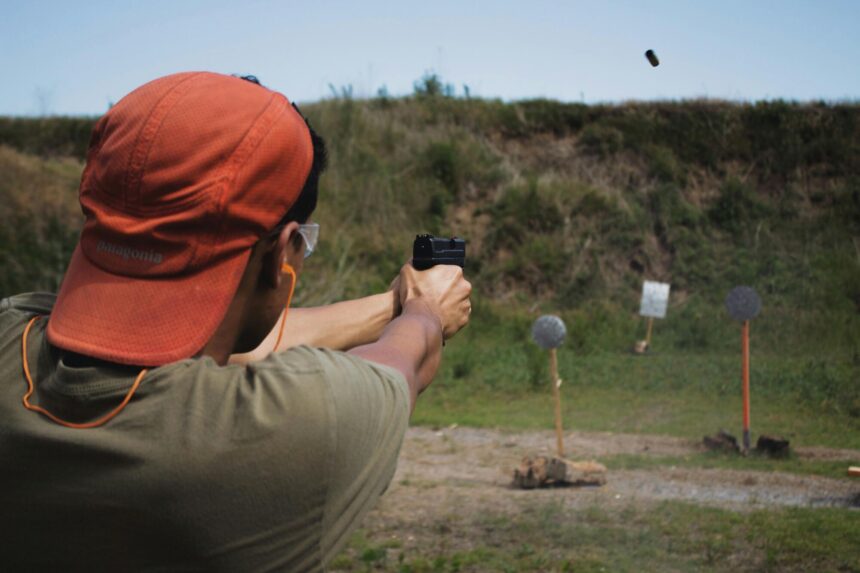From bustling cities to quiet suburbs, guns are a ubiquitous presence in American society. While the debate over gun control rages on, gun owners and prospective buyers must understand the laws and regulations that govern their possession. Navigating the complex world of gun legislation can be daunting, but there are crucial guidelines that ensure safe and legal ownership.
Whether you’re a first-time owner or a seasoned gun enthusiast, this blog post will provide valuable insights and tips for understanding gun laws. Read on.
Know Federal vs. State Laws
Gun laws in the U.S. exist at both the federal and state levels. While federal laws provide a broad framework, state laws often introduce additional restrictions or permissions, such as:
- prohibiting felons from owning firearms
- requiring background checks from licensed dealers
- banning certain types of weapons
For example, some states have strict requirements for purchasing handguns, while others allow for permitless carry. Understanding both sets of laws is essential, as they can vary significantly depending on where you live or travel. Check out the license to carry course near Houston to learn more about these laws.
Understand Licensing and Permits
Many states require gun owners to obtain licenses or permits to purchase or carry firearms. Concealed carry permits (CCWs), open carry regulations, and permits to purchase are common in various jurisdictions.
Be sure to check your local requirements, complete any necessary training courses, and renew permits as required by law. Failure to do so can result in fines, confiscation of firearms, or even criminal charges.
Safe Storage and Transportation
Proper storage and transport of firearms are crucial for safety and legal compliance. Gun safes, trigger locks, and secure cases are often required by law. This is especially in homes with children or jurisdictions with strict storage mandates.
When transporting firearms, ensure they are unloaded and stored separately from ammunition. This is preferably in a locked container. Some states require specific procedures for moving guns between locations, particularly across state lines.
Background Checks and Private Sales
Federal law mandates background checks for all purchases from licensed dealers. However, private sales (between individuals) may not require checks in some states.
This can create legal gray areas. To stay on the right side of the law, conducting private sales through licensed dealers or following any applicable state-specific background screening guidelines is recommended.
Stay Informed and Educated
Laws are constantly evolving. Court rulings, new legislation, or changes in local governance can impact your rights and responsibilities as a gun owner. Some actions can help you stay informed, such as:
- Joining a local or national gun rights organization
- attending safety courses
- regularly checking with your state’s department of justice or firearms division
Many organizations offer legal updates, training opportunities, and advocacy resources.
Gun Laws: Advice for Lawful and Safe Ownership
Owning a firearm comes with serious responsibilities. Beyond just following the law, responsible gun owners should prioritize safety, education, and awareness at all times.
By understanding the legal framework and committing to best practices, you can ensure that your right to bear arms is exercised safely, responsibly, and within the bounds of the gun laws. Consult an expert for more tips.
If you want to read more articles, visit our blog.














